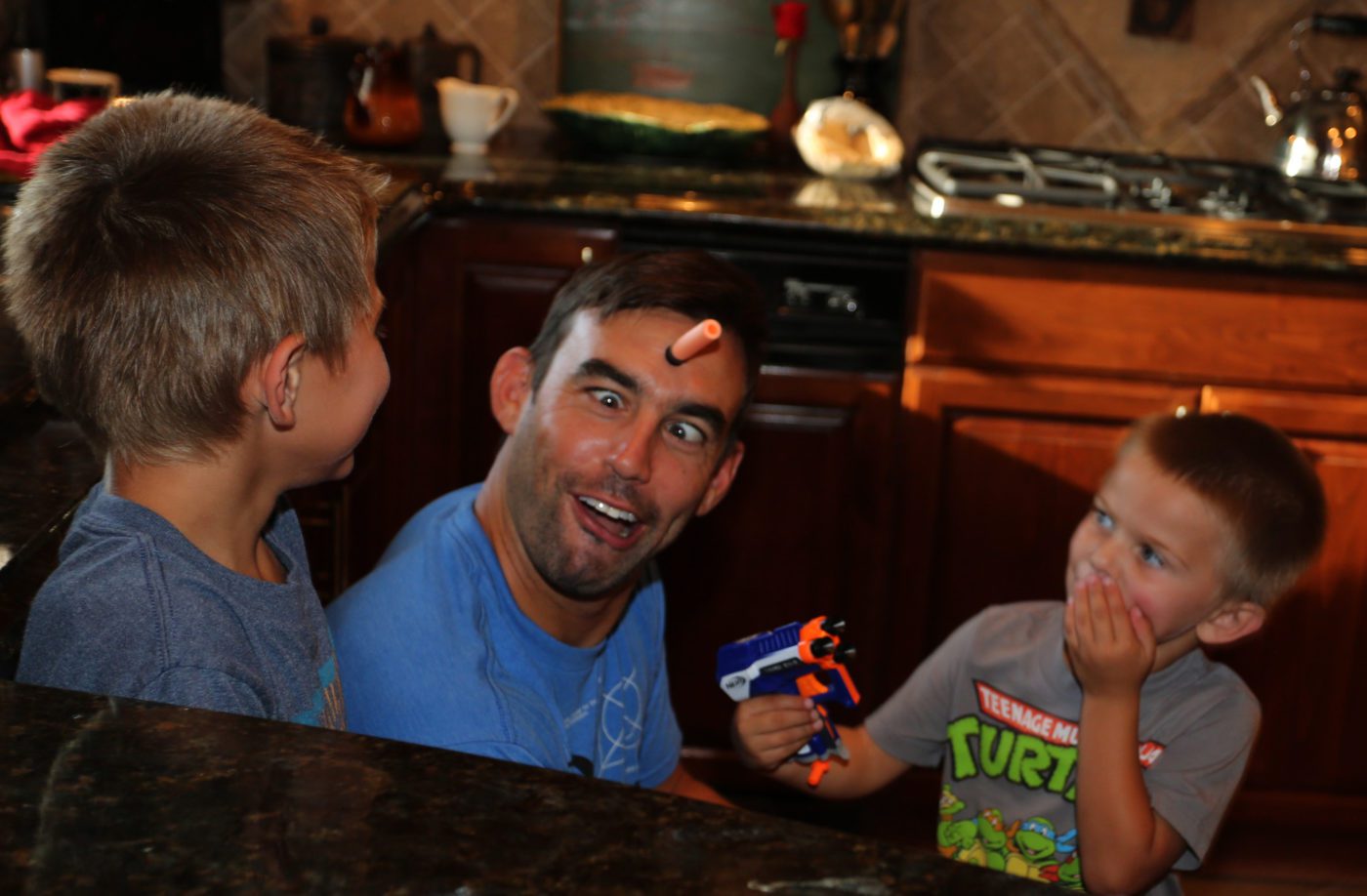I vividly remember an afternoon when my daughter returned from school looking unusually troubled. After gently prodding, she told me about being ridiculed by some peers for her appearance. In her teenage world, this was a significant blow. But instead of being the supportive presence she needed, I inadvertently brushed it off, advising her to ignore the taunts, assuming jealousy was the root cause. By dismissing her genuine concern over what was happening, she felt I wasn’t taking her seriously, and it only worsened the situation and created unnecessary distance between us.
Like I did, all fathers can inadvertently create distance when their children need our support. We all have our imperfections, influenced by backgrounds and experiences. However, we must be emotionally present and avoid being absent during moments that matter. I realized I had failed my daughter then and vowed to be better for my kids moving forward. Here are 5 ways to ensure you’re never an emotionally distant father.
1. Embrace open dialogue about emotions.
We men are often expected to be resilient and “strong” during emotional situations sidelining discussions about feelings. Our kids deserve to grasp the differences in emotions, knowing that Dad is ready to face these discussions head-on. Addressing their feelings and ours transparently lays the foundation to avoid being an emotionally distant father.
2. Balance authority with understanding.
Reflecting on my father’s approach, I realize he often asserted his authority without delving into the reasons behind his demands. If my grades slipped, he would respond like an authoritarian by grounding me or taking away another privilege without exploring why I struggled in school. I’ve learned that expressing what the standards are that you’re teaching your child to meet and sharing your own journey are essential. By doing this, you reveal your vulnerability and bridge the gap.
3. Confront your past trauma.
Childhood traumas left unresolved can have lasting effects leading to isolation, addiction, or harmful behaviors. By facing and working through our scars, we create space to be emotionally present for our children and partners, breaking the cycle of neglect. Addressing my feelings of abandonment with my own parents has helped me become a significantly better father.
4. Guide instead of yielding.
Yielding to their every whim as parents is often an attempt to avoid issues. It’s better to guide our children on a desire or challenging behavior they exhibit. I learned this with my son, who was diagnosed with ADHD. I was afraid of the truth and, for a period, just gave in to his unruly behavior. Giving in skirts around the real problem. Instead, it’s important we show that we are sticking to our guns and will work through the difficult times with them, looking for solutions, not band-aids that feel good in the moment.
5. Own up to mistakes.
One significant aspect of being genuinely present involves owning up to our mistakes—a trait absent fathers tend to shy away from. Whether it’s an error at work, a disagreement with your partner, or misjudgment of your children, admitting we’re wrong plays a role in being genuinely present. Setting an example by holding ourselves accountable fosters an emotional connection and is a powerful motivator.
Our success in fatherhood is determined by our dedication to growth. It’s important to remember that being involved dads means we should be listeners, supportive mentors, and strong examples to our kids. By living by these five principles, we can guarantee that our kids will always feel assured of our presence in their lives during their greatest need.
Sound off: What are some other ways to avoid being an emotionally absent father?











Huddle up with your kids and ask, “How are you feeling this week?”